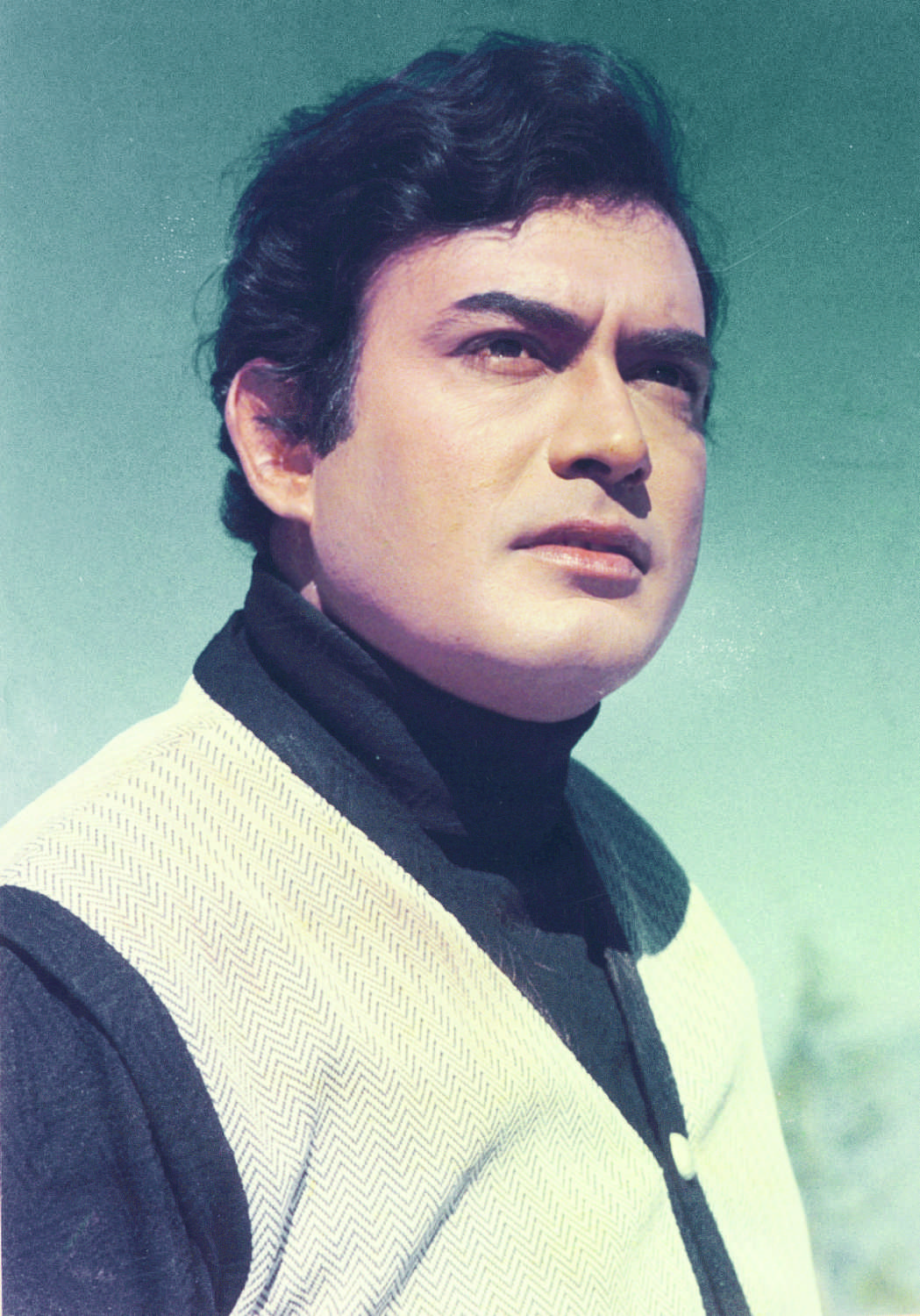Remembering the chameleon-like performer on his 78th birth anniversary.
Sanjeev Kumar: The man who could play any part
Mumbai - 09 Jul 2016 14:31 IST
Updated : 15:33 IST


Sonal Pandya
Born Harihar Jethalal Jariwala, Sanjeev Kumar was one of Hindi cinema’s most accomplished actors. He was known for his range by playing varied parts and presented Hindi film audiences with a more realistic hero, one who brought back a bit of sensitivity, in contrast to the macho heroes that audiences had become used to seeing on screen.
After his start in Gujarati theatre, he joined IPTA and later the Indian National Theatre. Even at 21, he convincingly essayed the part of AK Hangal’s father in a Hindi production of Arthur Miller’s All My Sons. Hangal was 24 years older than him. The youngster was so good that even Prithviraj Kapoor went up to him and commended him on his performance.
Sanjeev Kumar joined S Mukherji’s Filmalaya Actor’s School which led to a small non-speaking part in his film Hum Hindustani (1960). As a lead hero, he made his debut with Nishan (1965), a fantasy adventure film directed by Aspi Irani. It was to be a stepping stone of bigger things to come. Dilip Kumar happened to see the film in the theatre and found him to be remarkable. He would go on to support the younger actor at several stages of his career.
Most young actors might be intimidated acting opposite a legend, but Sanjeev Kumar, playing a cousin out to kill him, managed to get noticed in a grey character opposite Dilip Kumar in Sunghursh (1968). It rightly showed off his talents and led to significant roles afterwards.
Filmmaker Hrishikesh Mukherjee was one of the first to notice his acting potential by casting him in Ashirwaad (1968) and Satyakam (1969). But Khilona (1970) was the true turning point in his nascent career. His depiction of a young man who suffers a mental breakdown only to recover by the actions of his sacrificing wife was a revelation. The previously held title of ‘stage actor’ had vanished in the dust by now.
But even as his star was rising and he was honoured with his first National Award for Dastak (1971), he seemed most unconcerned about his onscreen image, the role was of utmost importance. In the 1972 film Parichay, Kumar played Jaya Bhadhuri’s father in the social drama, while in Anamika (1973), Bhadhuri played his wife. In the second of his National Award-winning performances, Kumar and Jaya played a deaf and mute couple who meet and fall in love in Gulzar’s Koshish (1972).

Meanwhile, in the classic Sholay (1975), Kumar was her vengeance seeking father-in-law, Thakur Baldev Singh. He extended this policy to his male co-stars like Amitabh Bachchan as well, he played father to him in Trishul (1978) and elder brother in Khuddar (1982).
Till today, Kumar is mostly remembered for his patriarchal roles in Arjun Pandit (1976) and Vidhata (1982). Even for his Filmfare Award-winning role as JK, the husband of a high-profile politician in Aandhi (1976), at 37, he played the aging hotel manager with aplomb.
In Naya Din Nai Raat (1974), the Hindi remake of the Tamil film Navrati (1964), Kumar did what no Hindi actor had done at the time and represented the nine rasas, changing his look and style for each character. Interestingly, the film was introduced by Dilip Kumar (who was first offered the role), who praised him for taking on this mammoth task and hoped the audience would appreciate this unique film.
When Satyajit Ray decided to adapt Munshi Premchand’s short story into Shatranj Ke Khilari (1977), he chose Sanjeev Kumar to feature alongside Saeed Jaffrey as two nawabs absorbed in a game of chess even as life as they know it is about to end. It was the highlight of an already storied career.

Sanjeev Kumar was an unusual lead hero; he didn’t have the dashing looks of a Dharmendra, or the commanding voice of Amitabh Bachchan, and yet, he had your full attention once he appeared onscreen. He was mislabelled a ‘serious’ actor for much of his career when he was terrific even in comic roles in Seeta Aur Geeta (1972) and Angoor (1982). He had no care for his looks or his increasing waistline either; he ate and drank to his heart’s content in his personal life.
Sadly, like the men in his family, he died young, only 47, from a heart attack, on 6 November 1985. He remained unmarried. And like another great personality, Guru Dutt, born on the same day as him, 9 July, he was gone too soon. The actor had carved out such a niche for himself that no one else could fill in the hole that his death left.

